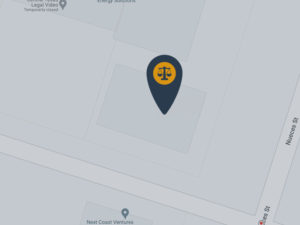Q: What is the difference between a protective order and a restraining order?
A: A restraining order is something that comes out of a civil court. In comparison, a protective order is normally filed in criminal court and is sought in a separate court hearing by the state and the victim. An emergency protective order is a 60 day stay away order that can often include a provision where you are allowed to have contact – as long as the contact is not threatening or harassing. A general stay away order is where there is no contact allowed period, and this is often due to evidence that family violence has been committed or will be committed in the future.
Q: I have an outstanding warrant, how can I get it taken care of?
A: You can call our office, and we’ll have you come down and fill out a blank personal bond. Once this is completed, we’ll get the bond signed by a judge. The next step is meeting someone from our team at the courthouse to sit with you in the bonding office for the duration of the walkthrough process. Once everything is finished, you get a court date, and we then begin fighting your case.
For more information about Texas criminal law and associated legal situations, including degrees of charges and applicable penalties, visit our blog page.


